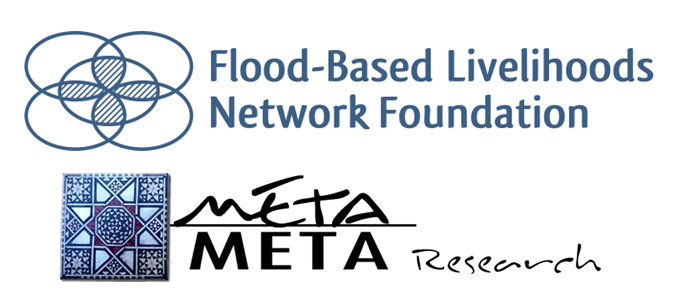

The 2021 Olam Food Prize has been awarded to the Green Rodent Consortium, consisting of MetaMeta Research (the Netherlands) and Ethiopian partners.
The consortium developed and implemented a highly effective botanical rodenticide, which significantly helps controlling rats and mice to protect crop yield in Africa. Rodents are a major but largely forgotten problem for agriculture production in many countries. In Sub-Saharan Africa, about 24% of the crops is damaged by rodents, mostly rats and mice. Farmers in some regions of Ethiopia reported up to 46% damage to their crops due to rodent outbreaks. In some cases farmers use chemical rodenticides, usually with no supervision. This causes severe impacts on human health, livestock and the environment. The Green Rodent team developed and implemented an innovative solution to this problem: a botanical rodenticide with very high effectiveness level. The product is produced from a combination of plants, that control the rodent population in an environmentally friendly way. Furthermore, the botanical rodenticide is offered in a complete package called Ecologically Based Rodent Management (EBRM) that also consists of habitat control, intercepting rodent movement, promoting natural enemies, better hygiene and safe storage. The bio-rodenticide product and EBRM package can help African and Asian farmers to secure their farming efforts while protecting the environment. The approach is being introduced in several countries. Further information is available at https://rodentgreen.com/

Testing the bio-rodenticide 
EBRM campaign in action
The Olam Food Prize recognizes and supports scientific research that help to transform agriculture production at the global scale. The Green Rodent team – consisting of researchers and practitioners – started by making an inventory of the rodent problem, including the prevailing species, their behaviour and the crop damage. Several combinations of the botanical components were tested both in a lab setting and in the field. The palatability and the effectiveness of the botanical product was assessed in farmer locations with the help of night cameras. The final product was then commercialized by licensed small rural women enterprises. In the course of two years the rodent problem largely disappeared from the region.
For content-related query, contact Luwieke Bosma at lbosma@metameta.nl
For press and media, contact Long Hoang at lhoang@metameta.nl


